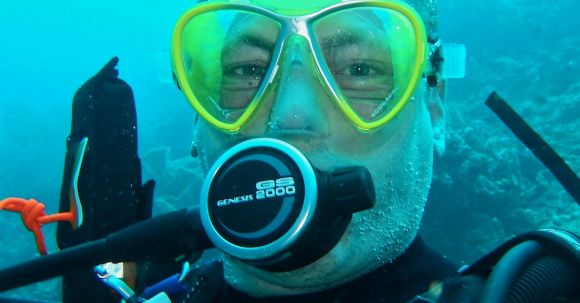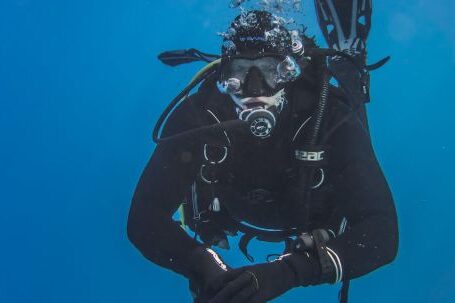Diving is an exhilarating experience that allows us to explore the hidden wonders of the underwater world. However, one common problem that divers often face is ear pressure. The changing pressures underwater can cause discomfort and even pain in our ears. But fear not, there are several ways to prevent ear pressure while diving. In this article, we will explore some effective techniques that will help you enjoy your dive without any ear discomfort.
Equalize Early and Often
One of the most important things you can do to prevent ear pressure while diving is to equalize your ears early and often. Equalizing means opening up the Eustachian tubes in your ears to allow air to flow in and out, equalizing the pressure inside and outside your ears. The simplest way to do this is by gently pinching your nostrils shut and blowing gently, which forces air into your ears. You should start equalizing before you even descend and continue to do it throughout the dive, especially when you feel any discomfort.
Descend Slowly
Another important technique to prevent ear pressure is to descend slowly. Rapid descent can cause a sudden change in pressure, making it more difficult to equalize. Take your time and descend gradually, allowing your ears to adjust to the changing pressures. This will give your body ample time to equalize naturally, reducing the risk of ear discomfort.
Use a Descending Line
Using a descending line is another effective way to prevent ear pressure while diving. A descending line is a rope or line that is attached to the anchor or boat and hangs down into the water. By holding onto the descending line as you descend, you can control your descent speed and ensure a gradual change in pressure. This will make it easier to equalize your ears and minimize the risk of ear discomfort.
Avoid Diving with Congestion
Diving with congestion, such as a cold or sinus infection, can increase the risk of ear pressure and discomfort. The blocked nasal passages can make it more difficult to equalize your ears, leading to painful pressure build-up. If you are experiencing any congestion, it is best to postpone your dive until you are feeling better. This will help ensure a more comfortable and enjoyable diving experience.
Consider Equalizing Techniques
If you find that the simple equalizing technique of blowing gently through your pinched nostrils is not effective for you, there are other techniques you can try. Some divers find that swallowing, yawning, or moving their jaw from side to side helps to equalize their ears. Others use specialized equalizing techniques, such as the Toynbee maneuver or the Valsalva maneuver. Experiment with different techniques to find the one that works best for you.
Conclusion: Enjoy a Comfortable Dive
Ear pressure can be a common problem while diving, but with the right techniques, it can be easily prevented. Remember to equalize early and often, descend slowly, and use a descending line if available. Avoid diving with congestion and consider different equalizing techniques if needed. By following these tips, you can ensure a comfortable and enjoyable dive, free from ear discomfort. So, dive in and explore the wonders of the underwater world without any worries!





